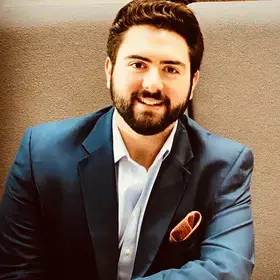Studying Negotiation and Conflict Resolution offered a path for me to leverage my experiences as a former business owner and develop new skills in a way that might add value for my career and for others seeking conflict management and resolution services.
Prior to going back to school, I ran a financial service business I founded along with a sibling and another partner for 17 years. For many entrepreneurs, the start-up requires total immersion and becomes the entrepreneur’s identity and main time investment. My partner and I were no exception.
When, after 17 years, we decided to divest ourselves of the company and pursue other interests, we faced a big question: “What do I do next?” I wanted to find a way to use the skills that I honed as a CEO – negotiating with large corporations, dealing with federal and state agencies, managing interactions with employees, clients, and family members.
After attending an information session about the Negotiation and Conflict Resolution (NECR) program, I was intrigued by what the alumni said about their experiences in the program. I was also interested in the idea that conflict is a part of our everyday existence and interactions with others, yet rarely do people know how to manage it effectively.
When I started the NECR program, I quickly became interested in the idea of family business conflict. I was also drawn to concepts including conflict as a dynamical system as well as emotional and social intelligence and their relationship to conflict resolution.
These ideas helped to shape the topic of my Capstone project, Families in Business: Conflict in a Dynamical System.
I took many of my courses with another NECR alum whom I met at the new student orientation. As we studied together, we realized that the different frameworks we brought to the material and shared with each other resulted in a deeper learning process for both of us. During a class we took together on Social Intelligence, we took an assessment that looks at thinking styles and is used in creating effective teams in organizations. Looking at these results, we realized that our thinking styles complemented each other, highlighting the value of creating what are called whole brain teams.
Post-graduation, we have focused on conducting research and becoming certified in these assessments, creating workshops based on what we learned in the program, and consulting with organizations and individuals. Our joint venture is called ACCORD; it's a collaborative of conflict management and resolution specialists serving individuals and businesses.
For anyone thinking of a career change similar to mine, I would say that reinventing oneself can be an unsettling prospect. My advice is to dive in. Immerse yourself in learning and curiosity. Through the process, you will uncover what is meaningful to you. Let it lead you down a new path.


